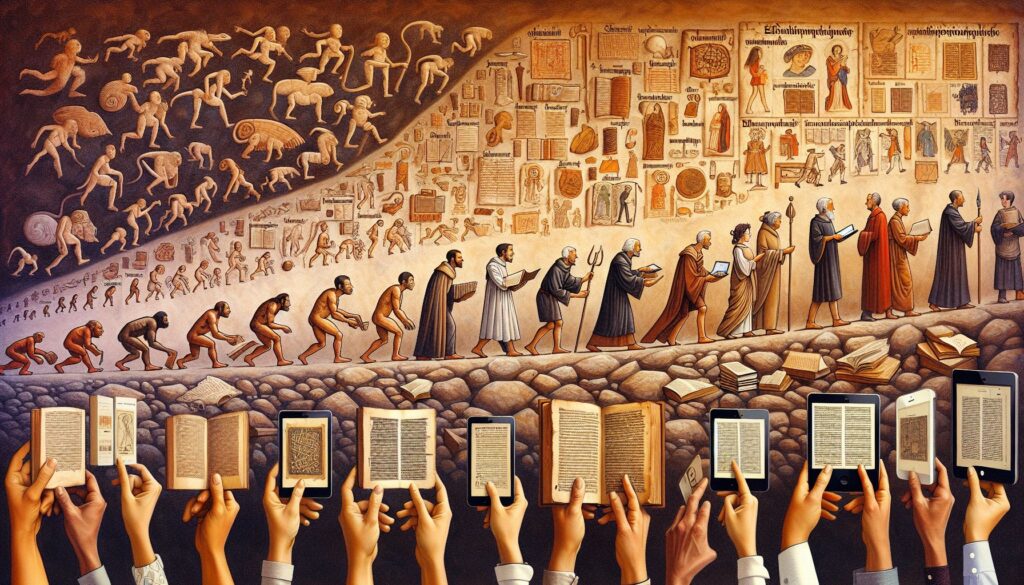Books have always held an enchanting allure, transporting readers to distant worlds, introducing them to intriguing characters, and igniting their imagination. They are vessels of knowledge, gateways to new perspectives, and sources of endless fascination. While technology continues to evolve and push the boundaries of what is possible, we cannot overlook the profound impact that books have had on shaping our understanding and advancement in various fields. In this ever-changing world of technological marvels, it is the timeless wisdom of books that continues to light our path forward.
The literary universe is vast, encompassing genres that cater to every inclination and interest. From the gripping science fiction novels that transport us to uncharted realms of the future, to the eloquent prose of historical fiction that brings the past to life, books have the power to engage and captivate us like nothing else. Think about the timeless classic, “1984” by George Orwell. With its chilling portrayal of a dystopian society ruled by surveillance technology, Orwell’s work not only captivated readers but also served as a cautionary tale, urging us to be vigilant about the potential dangers of unchecked technology.
Today, as we delve into the fascinating world of technology, we must also confront the ethical dilemmas that arise. Artificial Intelligence (AI), for instance, holds tremendous potential to revolutionize our lives, from healthcare to transportation. However, as we witness AI becoming more integrated into our daily existence, questions of ethics and morality arise. It is here that books, such as “I, Robot” by Isaac Asimov, offer us invaluable insights. Asimov’s collection of short stories delves deep into the relationship between humans and AI, raising important ethical questions that we must grapple with as we continue to advance technologically.
While we soar through the realms of space exploration, propelled by awe-inspiring technological advancements, it is important to remember the origins of our fascination. Countless science fiction novels, like “The Martian” by Andy Weir, have ignited our passion for exploring the unknown. Weir’s masterful storytelling showcases the intricacies of space exploration technology, taking us on a thrilling journey as we witness the resilience of the human spirit against the backdrop of the vastness of space. These books not only entertain but also inspire the next generation of engineers and scientists, shaping the future of space exploration technology.
Amidst our pursuit of cutting-edge technology, it is the humble book that reminds us of our roots and the wisdom of the ages. Books carry within their pages the histories and cultures of civilizations long gone. They preserve the lessons learned and the hardships endured, acting as a repository of human knowledge and experience. The likes of “To Kill a Mockingbird” by Harper Lee continue to resonate because they not only shed light on the historical context but also instill moral values that remain relevant in our technologically advanced world. These powerful narratives remind us of the importance of empathy, justice, and equality – values that guide us even amidst the complexities of modern technology.
As we navigate the ever-changing landscape of technological advancements, let us not forget the invaluable role that books play. They are not just artifacts of the past or passively consumed entertainment; they are springboards for our imagination, catalysts for introspection, and guiding lights in our pursuit of progress. In a world perpetually driven by the newest gadget or discovery, books remain steadfast symbols of our collective wisdom and a testament to the power of the written word. So, whether it’s through classics, bestsellers, or niche genres, let us dive deep into the literary universe and unlock the transformative experience that books offer – a journey that will forever shape our technological future.




